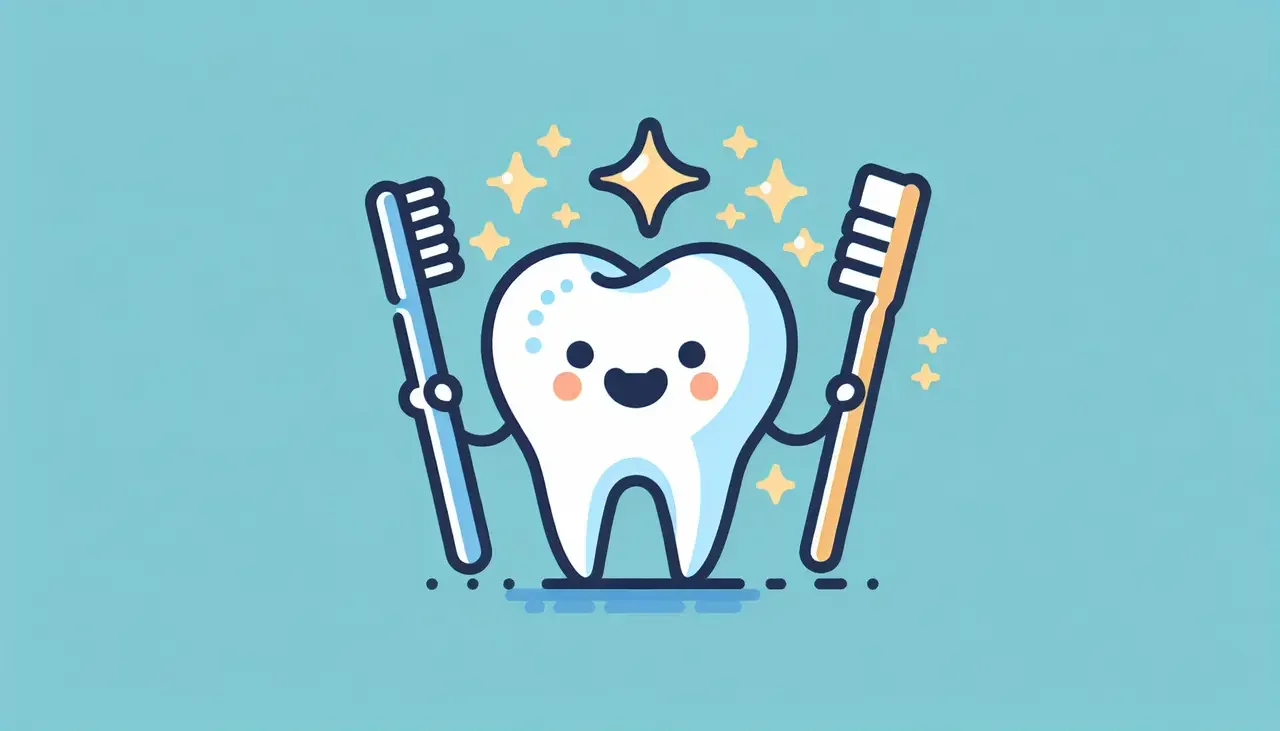7 Simple Tips for Cavity Prevention to Keep Your Smile Bright
Cavity prevention doesn't have to be complicated or time-consuming. With just a few simple habits, you can keep your teeth healthy and your smile bright. Let's explore some straightforward ways to safeguard your mouth from cavities and keep your dental visits stress-free.
1. Master the Art of Daily Brushing
Brushing your teeth twice a day is foundational to cavity prevention. Use a soft-bristled toothbrush and fluoride toothpaste to gently clean and protect your teeth. It's essential to brush for at least two minutes, ensuring that you cover every surface of your teeth—front, back, and chewing surfaces. Proper technique matters; hold your toothbrush at a 45-degree angle to your gums, and use gentle, circular motions. This method helps prevent damaging your gums while effectively removing plaque. Many people overlook the tongue, but giving it a light brush can also help remove bacteria and keep your breath fresh. If you're not sure you're brushing long enough, consider using an electric toothbrush that comes with a timer to help you keep track.
Furthermore, replacing your toothbrush every three to four months is crucial, as worn bristles are less effective at cleaning. Consider keeping an extra toothbrush at your workplace or carrying a travel-sized one to freshen up after meals. These small tweaks in your brushing routine can substantially impact your dental health. Lastly, remember to pay attention to warning signs of oral health issues, like discomfort, as these could indicate the onset of a cavity even with diligent brushing.
2. Floss Like a Pro
Flossing reaches the spaces between your teeth where a brush can't. Make it a habit to floss daily to remove plaque and prevent cavities in hard-to-reach places. Many underestimate the importance of flossing, yet it's a vital component in maintaining oral health. Use about 18 inches of floss, winding most of it around each middle finger, leaving an inch or two for your teeth. As you go from tooth to tooth, be sure to use a clean section of floss to avoid transferring plaque. Don’t snap the floss into your gums, as this can cause injury. Instead, gently glide it in between your teeth, using a 'C' motion against the side of each tooth for efficient results.
3. Incorporate Mouthwash in Your Routine
A good mouthwash can help kill bacteria and freshen breath. Look for one with fluoride to strengthen your enamel and further reduce the risk of cavities. Mouthwash acts as a supplementary measure, not a substitute for brushing or flossing. For those battling bad breath or bacterial growth due to oral conditions, an antibacterial mouthwash can be particularly beneficial. Swish the liquid around your mouth for about 30 seconds for optimal effect—be sure not to swallow.
4. Limit Sugary Snacks and Drinks
Sugar is a major culprit in cavity formation. Try to minimize your intake of sugary treats and beverages, and rinse your mouth with water after indulging. When sugar is consumed, it interacts with bacteria in plaque to produce acid, which attacks your tooth enamel. Over time, these acid attacks create cavities. Instead of sugary snacks, opt for crunchy fruits and vegetables like apples and carrots that naturally clean your teeth while you eat. Additionally, consuming dairy products is also beneficial as they contain calcium, strengthening teeth. If you're tempted to satisfy your sweet tooth, moderation is key. For instance, avoid continuous sipping of sugary beverages throughout the day to prevent prolonged acid exposure. Instead, if you must indulge, drink with a meal, consume quickly, and follow up with water.
5. Stay Hydrated with Water
Drinking water, especially fluoridated water, helps rinse away food particles and bacteria, promoting a cleaner mouth and healthier teeth. Water neutralizes acids produced by bacteria in the mouth, and a well-hydrated mouth is less likely to cultivate bacterial growth. For those who experience dry mouth, keeping water at hand can serve as a vital defense against the development of cavities. If your local water supply lacks fluoride, consider using a home water filtration system that allows for the addition of fluoride. Alongside maintaining oral health, water also serves whole-body health, aiding in proper digestion, circulation, and nutrient transportation.
6. Use Dental Products with Fluoride
Fluoride is essential for strengthening tooth enamel and can dramatically reduce the risk of cavities. Choose toothpaste and mouthwash that feature this vital mineral. This mineral works to rebuild weakened tooth enamel and reverse early signs of decay. While most commercially available toothpaste contains fluoride, it's wise to verify its presence if you're trying out new products or brands. Some regions may also have fluoridated water, contributing an extra layer of protection to your daily routine. If you're concerned about the mineral content you intake, there are various products and supplements approved and recommended by dental professionals.
For a more potent application, consult with your dental care provider about periodic fluoride treatments. This professional-grade application delivers a higher concentration of fluoride and can be particularly beneficial for children, individuals with a history of cavities, or those wearing braces.
7. Regular Dental Check-ups are Key
Visiting your dentist regularly is crucial for catching potential issues early and receiving professional cleaning. Don’t skip your biannual appointments. While everyday habits contribute to cavity prevention, professional cleanings and exams are indispensable for spotting early decay and other oral health issues. During these check-ups, your dentist can also offer personalized advice, tailored to your dental needs.
Remember that a dental check-up often includes a thorough evaluation of your gums, tongue, and head and neck for anomalies and oral cancer screening. Having a trusted dental team on your side ensures your ongoing journey towards oral health is productive and reassuring. Establishing a strong, transparent relationship with your dentist encourages better communication and care.

